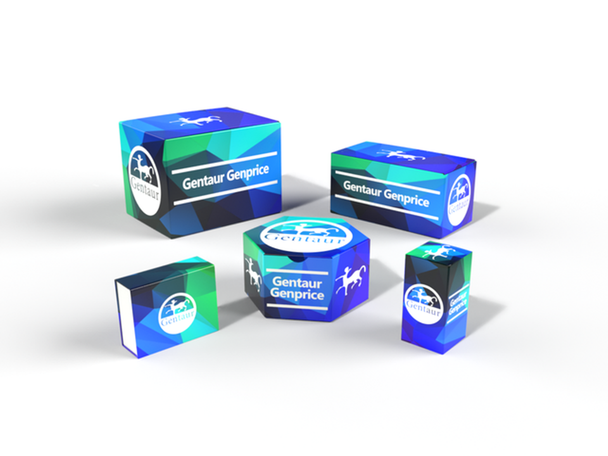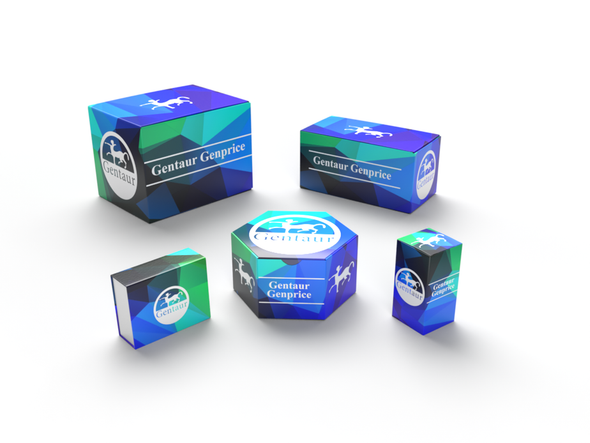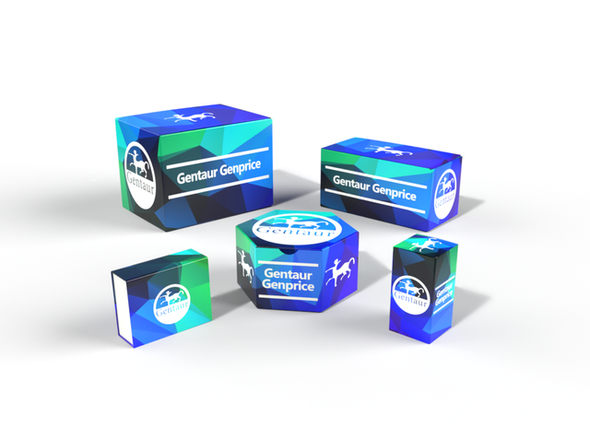BW
ATP6V1G3 polyclonal Antibody | BS60498
- SKU:
- BW-BS60498
- Availability:
- Usually ships in 5 working days
Description
ATP6V1G3 polyclonal Antibody | BS60498 | Gentaur UK, US & Europe Distribution
Host: Rabbit
Reactivity: Human,Mouse,Rat
Application: WB
Application Range: WB: 1:500~1:1000
Background: Vacuolar-type H+-ATPase (V-ATPase) is a multisubunit enzyme responsible for acidification of eukaryotic intracellular organelles. V-ATPases pump protons against an electrochemical gradient, while F-ATPases reverse the process, thereby synthesizing ATP. A peripheral V1 domain, which is responsible for ATP hydrolysis, and a integral V0 domain, which is responsible for proton translocation, compose V-ATPase. Nine subunits (A–H) make up the V1 domain and five subunits (a, d, c, c' and c") make up the V0 domain. Like F-ATPase, V-ATPase most likely operates through a rotary mechanism. In yeast, the V-ATPase G subunit is a soluble subunit that shares homology with the F-ATPase G subunit and may be part of a connection stalk between V1 and V0. The G2 isoform of the G subunit associates with the pore-forming a1C-subunit of L-type calcium channel and aids in proper membrane targeting of the calcium channel. The genes encoding the G1 and G2 V-ATPase subunits map to chromosomes 9q33.1 and 6p21.3, respectively.
Storage & Stability: Store at 4°C short term. Aliquot and store at -20°C long term. Avoid freeze-thaw cycles.
Specificity: ATP6V1G3 polyclonal Antibody detects endogenous levels of ATP6V1G3 protein.
Molecular Weight: ~ 14 kDa
Note: For research use only, not for use in diagnostic procedure.
Alternative Names: V-type proton ATPase subunit G 3; V-ATPase subunit G 3; V-ATPase 13 kDa subunit 3; Vacuolar proton pump subunit G 3; ATP6V1G3; ATP6G3
Immunogen: A synthetic peptide corresponding to residues in Human ATP6V1G3.
Conjugate: Unconjugated
Modification: Unmodification
Purification & Purity: The Antibody was affinity-purified from rabbit antiserum by affinity-chromatography using epitope-specific immunogen and the purity is > 95% (by SDS-PAGE) .
Pathway:






